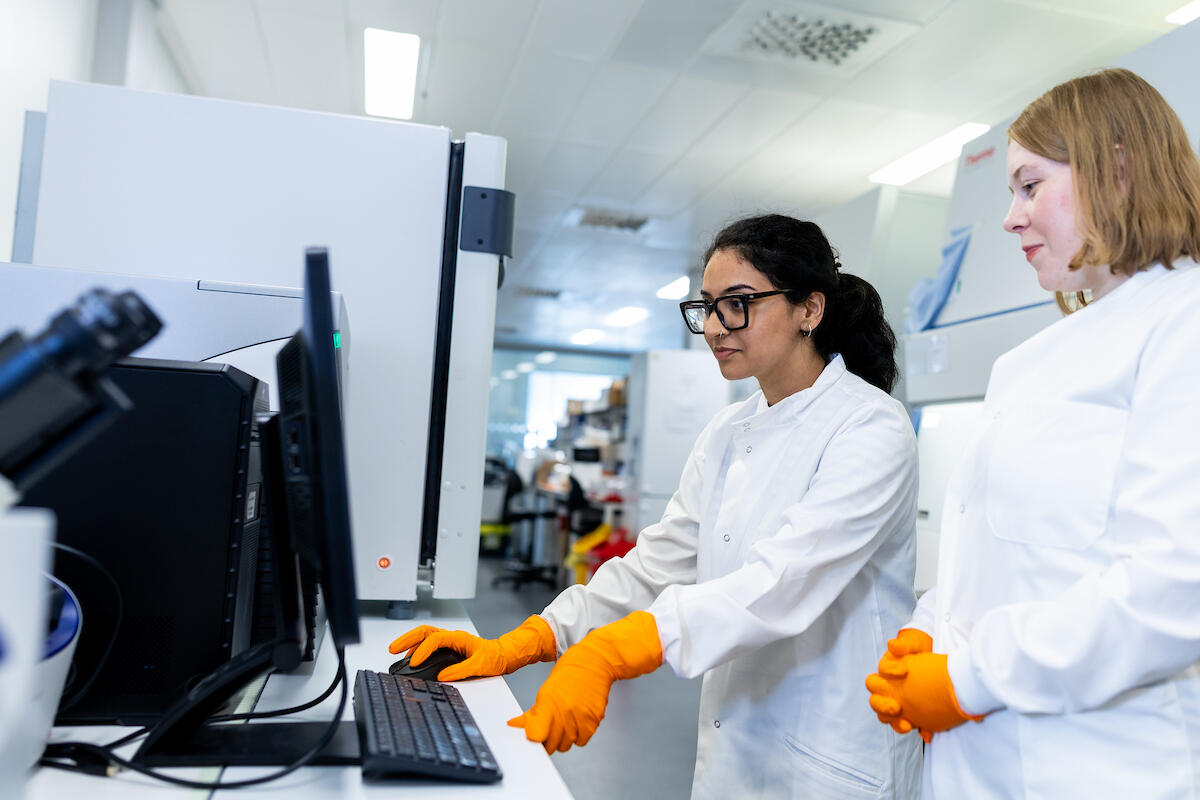
Liverpool School of Tropical Medicine has maintained its excellent performance in the latest Knowledge Exchange Framework (KEF) results, an annual appraisal that helps universities and policymakers understand how higher education achieves economic growth and societal benefit across England.
Once again, LSTM has achieved the highest rating in the Local Growth and Regeneration, Research Partnerships and Working with the Public and Third Sector categories.
Published by Research England, KEF analyses how universities collaborate with businesses, communities and public services. It enables institutions to track their progress, benchmark performance, and make smarter decisions about how they share knowledge and innovation with the world.
LSTM champions place-based innovation, working closely with communities to ensure that the benefits of research are felt locally. Through working closely with industry and government partners, LSTM is supporting the region’s ambitions in innovation and life sciences, creating high-skilled jobs and investment.
This year, LSTM has announced £10m of Innovation Zone funding for new AI-powered robotic laboratories, and £5m from Research England for BRITE, a partnership between universities and industry to make Liverpool a global leader in biologics.
Professor Giancarlo Biagini, Pro-Vice Chancellor for Research & Innovation at LSTM, said: “The Knowledge Excellence Framework results ensure that our work is relevant and beneficial beyond the university walls. LSTM is committed to delivering social and economic value here in Liverpool, as well as globally, in equitable partnerships with the communities where we work.
“We’re pleased to have maintained our excellent KEF results from last year in the three categories that show the breadth of LSTM’s work – from working in partnerships and with the public and third sector to supporting local growth and regeneration. Through our new Human Challenge Facility, AI-powered robotic laboratories and the BRITE initiative, we are playing a leading role in enabling Liverpool City Region to achieve its life sciences ambitions.”
KEF5
LSTM was part of the first KEF pilot in 2019, and has continued to be involved in each annual assessment.
KEF demonstrates the range of valuable activities universities conduct with external partners, ranging from big businesses to small local firms, local growth, public and community engagement and how HE commercialises research.
The Knowledge Exchange Framework results allow year-by-year comparison, building trends in the performance of universities over the last four years.
Find out more on the Research England website.